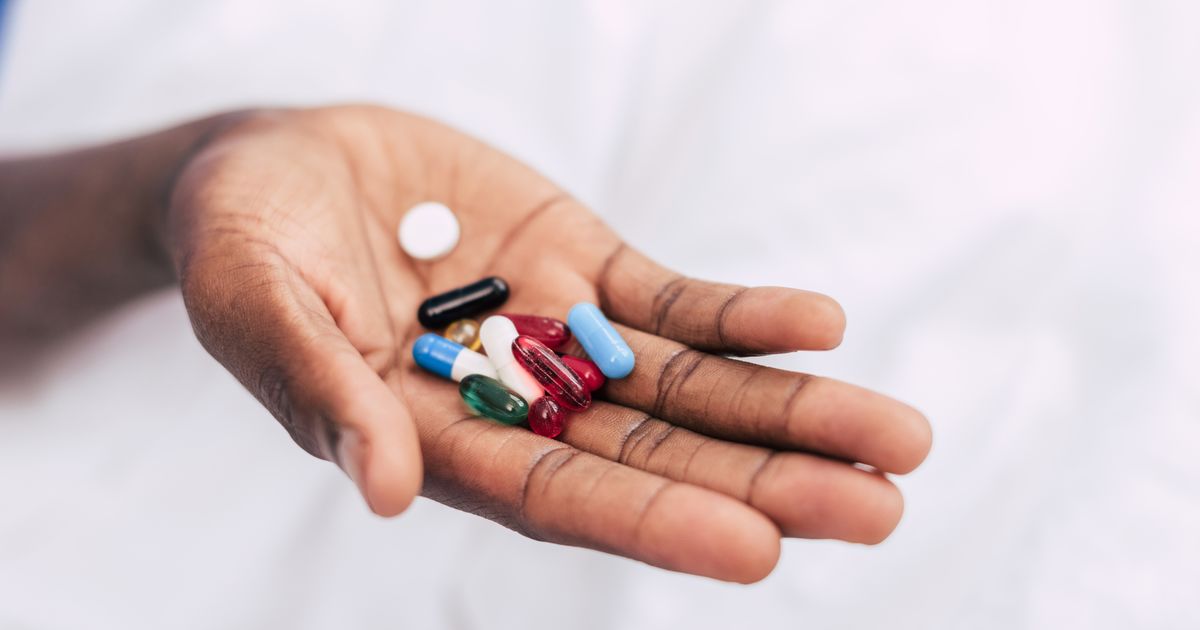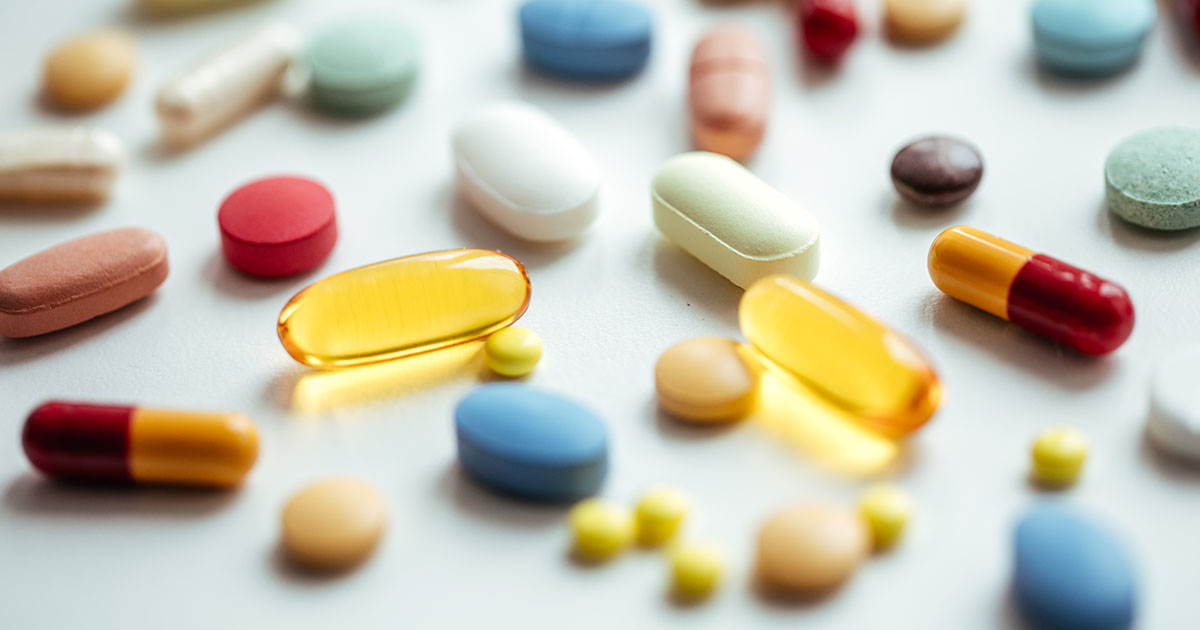How To Treat Hidradenitis Suppurativa
Hidradenitis suppurativa is a type of chronic inflammatory condition that affects the skin. It causes the sweat glands to become infected and inflamed, triggering the formation of lumps underneath the skin. The lumps typically form in skin folds such as the groin, armpits, and underneath the breasts. Initially, the lumps may look like small pimples, but they can enlarge up to the size of a marble, and may also turn into abscesses and fill with pus or blood. Since hidradenitis suppurativa is a relatively rare condition, it is often misdiagnosed as acne, and some doctors incorrectly attribute it to poor hygiene or obesity. For this reason, patients who suspect they may have the condition should be evaluated by a dermatologist.
Hormonal Therapy

Hormonal therapy may be appropriate for women with hidradenitis suppurativa, and it can help reduce pain and pus drainage from sores caused by the condition. Before starting hormonal therapy, patients should ask their healthcare provider about the safest form for their situation. Some forms of birth control may increase the risk of blood clots, and it is important for patients to report side effects to their doctors promptly.
Another type of hormone therapy that helps some patients is spironolactone, a diuretic used in the treatment of hormonal acne. Patients using spironolactone should be aware of potential side effects which include nausea, vomiting, upset stomach, headaches, dizziness, and changes in menstruation. The medication can cause changes in kidney function, and it may not be appropriate for patients with kidney disease.
Immunosuppressive Medication

Immunosuppressive medication, also called biologic medication, can help in moderate to severe cases of hidradenitis suppurativa. These medications work by suppressing a protein called the tumor necrosis factor. Immunosuppressive medications are administered either intravenously or as an injection. Some of the immunosuppressants given by injection can be self-administered by the patient at home after a healthcare provider trains them. Intravenous biologics are typically given at the doctor's office or an infusion center.
Biologics can have severe side effects, such as heart failure, and some patients have developed cancer. Common side effects from biologic drugs include rash, nausea, headache, back pain, sinus and upper respiratory infections, and redness and pain at the injection site. Patients who develop a fever, joint pain, vision problems, dizziness, or swelling of the face or lower limbs should seek prompt medical attention, as these signs may indicate a serious and adverse reaction to the medication.
